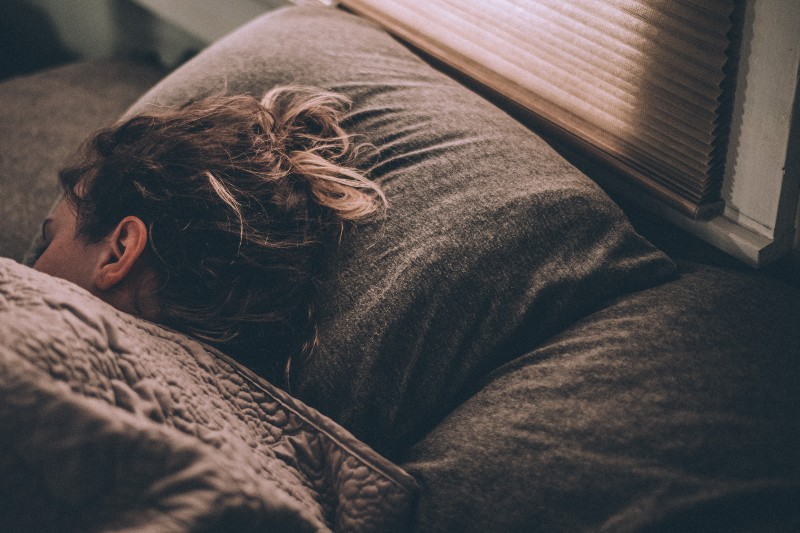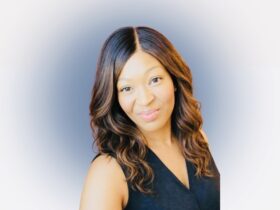No products in the cart.
What You Need to Know About Sleep Disorders

An average human being has to sleep for at least 8 hours to maintain an optimum daily routine and body health. However, certain conditions prevent the regular sleeping routine. Under the shadow of a thing that prevents proper sleeping lies some of the sleeping disorders experience by various people. In this article, we will be stating some of the sleeping disorders, their causes, and treatments, so stay with us if you relate with one of these and finding a solution for your problem.
A sleeping disorder is one of the conditions that affect regular sleeping regularly. No matter what is the cause of it, sleeping disorders affect the daily sleeping routine equally. They halt your daily routine as well as create issues in your relationship. Your work-life balance comes at stake, and any other thing associated with your life gets affected by it.
Sleeping disorders are of various types. Some of them are stated below:
Insomnia:
It is a sleep disorder that troubles you falling or even staying asleep. It does not have a specific time span. It can be either short-term termed as acute or long-term known as chronic. Short-term insomnia usually lasts for just one night or two, but it turns into long-term when it continues for more than three nights.
Insomnia can be caused due to various reasons. If you face stress-related to anything or have issues in your relationship that end up in depression, you are likely to have this disorder.
Due to low work-life balance and jet lag, people with a bad sleeping routine are also expected to have insomnia.
Sleep apnea
Sleep apnea is a severe medical condition that occurs when a person faces difficulty breathing while sleeping. In sleep apnea cases, people stop breathing during their sleep, preventing their brain and other body organs from getting enough oxygen.
It consists of two types, obstructive sleep apnea, and central sleep apnea. In obstructive sleep apnea, the airway is blocked due to specific reasons like a collapse of soft tissue at the back of the throat, which creates difficulty in inhaling oxygen.
In the case of central sleep apnea, the brain fails to signal the organs to have oxygen, resulting in no oxygen being transferred to the body organs. Both of the conditions are dangerous and should be treated on an emergency basis.
Restless leg syndrome
It is a medical condition that creates the urge to continue moving legs, mostly accompanied by a tingling sensation in the legs. It increases its intensity during the night when you lay on your bed to fall asleep, but due to the syndrome, you face difficulty in sleeping.
Restless leg syndrome is considered a sleep disorder because it occurs mostly when you are at rest. Untreated cases can worsen with this syndrome because the nervous system keeps on signaling the body to move continuously. It results in restlessness due to lack of sleep.
Causes of sleeping disorders
Frequent urination
Frequent urination might not bother you during the day, but when you have to wake up in the middle of your sleep, it can cause disruption in your sleep and eventually result in difficulty in falling asleep. However, other factors associated with it, like hormonal imbalance, contribute to this condition’s growth.
Stress and anxiety
Stress and anxiety are the fundamental causes of facing various health issues. They contribute a lot to your disrupted sleeping routine. Having a stressed mind bothers you a lot when you try to relax or fall asleep because your mind cannot relax properly to prepare for sleeping. In addition to it, nightmares and sleepwalking also contribute to disruption in sleep.
Alcohol consumption
Some people who have insomnia consume alcohol to fall asleep, but it affects your body after some hours. Alcohol consumption causes sleepiness that may make you awake at night, and you face difficulty falling asleep again. Alcohol in the blood causes you to sleepwalk, which increases the chance of injuries due to falling. Chronic alcohol consumption is also associated with a sleep disorder.
Treatment of sleep disorders
The treatment of sleep disorders varies with the intensity, type, and cause of your sleep disorder. However, mostly a combination of medical treatment and lifestyle change is used to fight sleep disorders.
Medical treatment
The medical treatment of sleep disorders includes the usage of medicines. The medical supplement can be consumed to optimize the body for stabilizing its sleeping routine. In case of allergies resulting in difficulty sleeping, anti-allergy tablets can be consumed to prevent interruption during sleep like sneezing.
People facing underlying health conditions can use medication as well. Besides, sleeping pills are also optimum to help the body relax and stay asleep in insomnia. If you are suffering from apnea, it is duly advisable to use an oxygen mask while sleeping until your body recovers from that disorder or during your treatment.
However, all of the medical supplements should be used after proper consultation with the doctor to avoid any misuse.
Lifestyle change
Medical treatment will be effective only when it will be added to a lifestyle change. Sleeping disorders are usually a result of a disturbed sleeping routine. It will help if you improve your work-life balance where you have to specify 8 hours of your day for sleeping and then structure your tasks. This will prevent any work-related burden on you.
Increased consumption of vegetables and fish, in addition to lower sugar intake, will improve your sleep as well. People suffering from sleeping should minimize their caffeine and water intake, especially in their late afternoon.
Exercise is recommended to reduce stress and divert your attention to a healthy cause. With it, the limited use of tobacco and alcohol is advisable for people suffering from sleep disorders.
People who work actively to change their lifestyle routine using the required medication can recover quickly. A healthy daily routine plays a vital role in normalizing your sleep. overall it won’t take long for you to recover from sleeping disorders once you start focusing on all these things









Leave a Reply